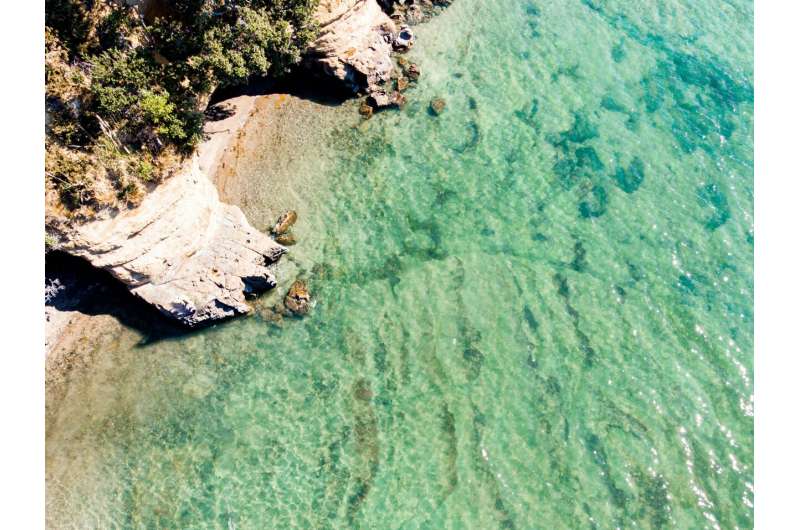Intro:
In a world increasingly affected by climate change, the recent gatherings in Nice, France, put the spotlight on our oceans and the urgent need for action. Between inspiring discussions and hopeful initiatives, scientists and leaders are coming together to safeguard our watery wonders for future generations.

The beachside beauty of Nice has recently become a hub for revolutionary ideas in ocean science and policy. Just last week, at the One Ocean Science Congress, experts from around the globe united with a passionate plea: we must act quickly to reverse the troubling decline of our oceans. This week, the agenda at the United Nations Ocean Conference aimed to further emphasize the pressing need for enhanced marine protections, sustainable fishing, and reducing emissions.
As the clock ticks down to 2030—the UN’s ambitious goal for sustainable ocean development—we’re reminded that protecting fragile marine ecosystems is more vital than ever. During our time in Nice, alongside over 2,000 marine scientists from 120 countries, we reflected on New Zealand’s unique role and responsibilities in these critical global efforts.
Legal Responsibilities
It’s no secret that our oceans are facing severe challenges. Rising temperatures and increasing acidification threaten marine life everywhere, including the stunning waters surrounding New Zealand. Marine heatwaves are becoming more common, adding stress to our already vulnerable ecosystems.
We rely on the ocean for so much—our climate regulation, our air, and food for millions. Boasting a marine territory fifteen times larger than its landmass, New Zealand has significant influence on oceanic policy, stretching from the chilly depths of Antarctica to the warm waves of the subtropical Pacific.
Legally, our government is bound to take steps to nurture these ocean ecosystems. A recent opinion from the International Tribunal on the Law of the Sea reminds us that all nations, including New Zealand, must act to mitigate climate change’s impact on marine environments. This includes fostering an ecosystem approach to marine law while reducing pollution and championing ocean restoration.
Commitments and Partnerships
Back in 2022, New Zealand joined an impressive coalition of 196 nations promising to protect at least 30% of our coastal and marine areas by 2030 through the Global Biodiversity Framework. Yet, with only 0.4% of our marine territory currently shielded in no-take reserves, there’s plenty of work to do!
Critics, including former prime minister Helen Clark, have voiced concerns about our current government’s pace, particularly regarding bottom trawling. During this week’s UN summit, 18 more nations have ratified the High Seas Treaty, edging closer to the necessary 60 countries for it to take effect. Although New Zealand signed this treaty just before the last election, it has yet to finalize ratification.
The Reality of Change
Many nations have proven that effective leadership can create paths towards healthier oceans. China, for instance, has shown a decline in carbon emissions despite energy consumption increases. Meanwhile, leaders in French Polynesia revealed plans to establish one of the world’s largest marine protected area networks.
Ignoring these problems would cost us far more than addressing them now, as ocean warming already impacts storm patterns and weather extremes. Yet, our waters can show remarkable recovery when given proper care and protection. Unfortunately, recent decisions by the New Zealand government have sparked criticism regarding its fisheries management, illustrating a need for further action.
New Zealand holds a unique opportunity to lead in reversing ocean degradation. The message from the ongoing UN Ocean Decade is emphatic: to effectively address these challenges, we must amplify the voices of Indigenous peoples, whose connections to the ocean have been historically sidelined despite their rich traditions and profound understanding of marine ecosystems.
With a robust foundation of Indigenous and interdisciplinary ocean research, New Zealand can develop tailored policies that fulfill both local needs and global calls to action. This moment is both a responsibility and a chance for us to pave the way toward a brighter oceanic future.
This article is republished from The Conversation under a Creative Commons license. Read the original article.![]()
If you would like to see similar science posts like this, click here & share this article with your friends!

